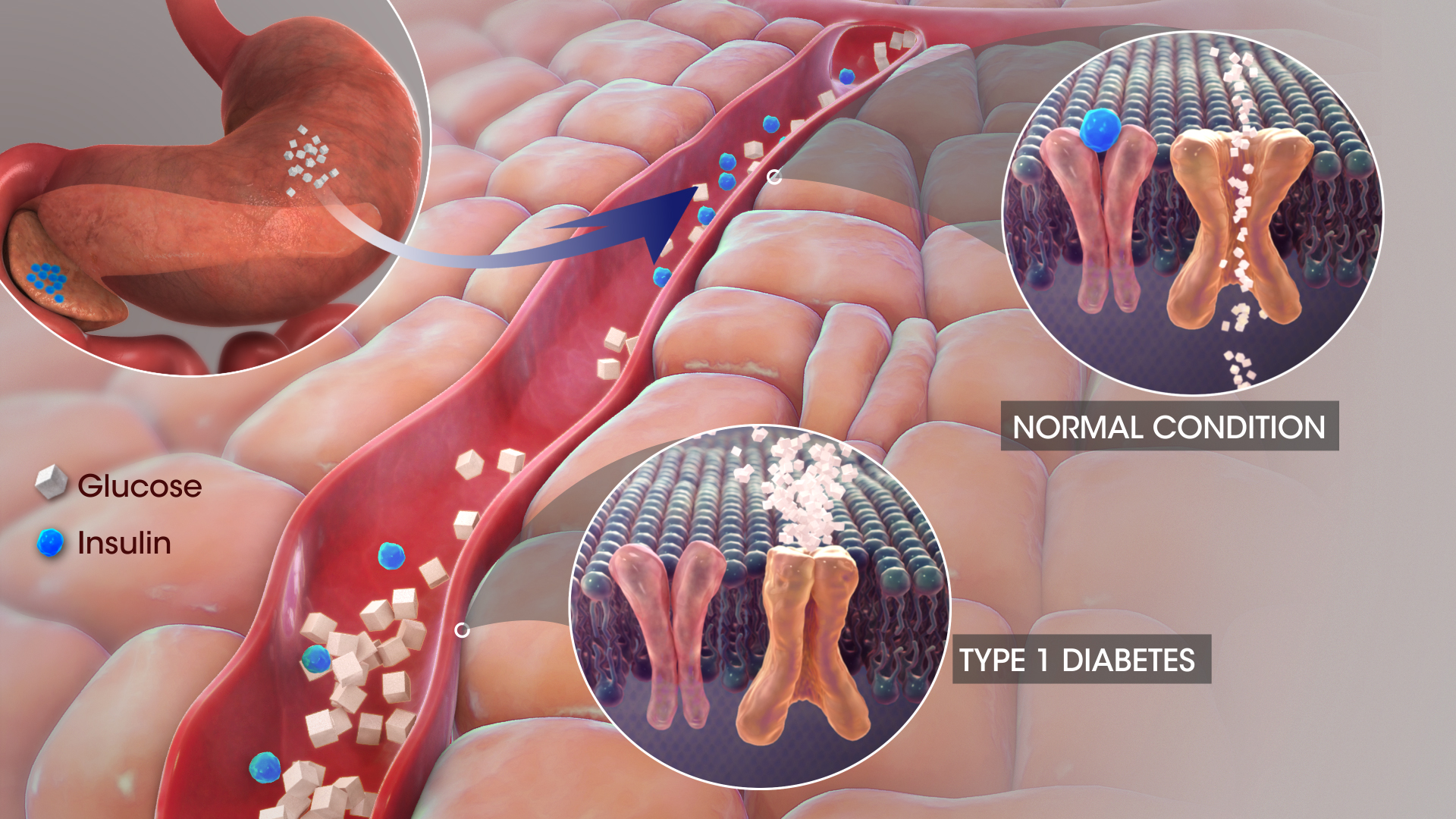 165 Spencer Road, Derry/Londonderry, N.Ireland, BT476AH
165 Spencer Road, Derry/Londonderry, N.Ireland, BT476AH +44 (0) 2871 311720
+44 (0) 2871 311720- Book Now
 Mon-Fri 9am - 8:30pm| Sat 9am - 6pm | Sun CLOSED
Mon-Fri 9am - 8:30pm| Sat 9am - 6pm | Sun CLOSED
Diabetes – short for diabetes melitus (DM) – is a group of metabolic disorders, characterized by high blood sugar levels over longer period of time. Symptoms usually include increased thirst and hunger and frequent urination. It can be the result of two things: either the pancreas is not producing enough insulin (Type 1), or the body is not responding well to the insulin produced (Type 2).
 Types of Diabetes
Types of DiabetesThere are three main types of diabetes:
About 425 million people worldwide suffer from DM, which amounts to about 1 in 11 adults. Half of these cases are considered to be undiagnosed. Type 1 DM and gestational account for about one tenth of these cases; more than 90% of them are sufferers of Type 2 DM.
As of November 2017, 3.7 million people have been diagnosed with DM in the United Kingdom alone. Of these, more than 3 million live in England, about 289,000 in Scotland, almost 192,000 in Wales, and 92,500 in Wales.
Each year, as much as 5 million people die from diabetes-related causes.
Healthy diet and regular physical exercise is essential, as is avoiding the use of tobacco and regular blood pressure measurements. Insulin injections are necessary in the case of Type 1 DM, while Type 2 DM can be treated with medications with or without insulin.
A good way to keep your DM in check is the TRACK acronym:
For more information, please visit:
Free advice and support by specially trained advisors to provide expert help to break the habit of a lifetime.
Book An Appointment